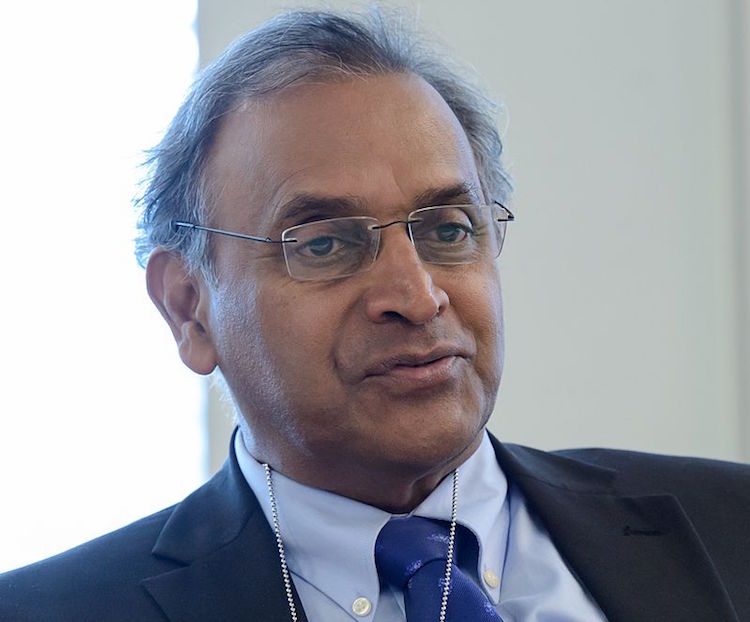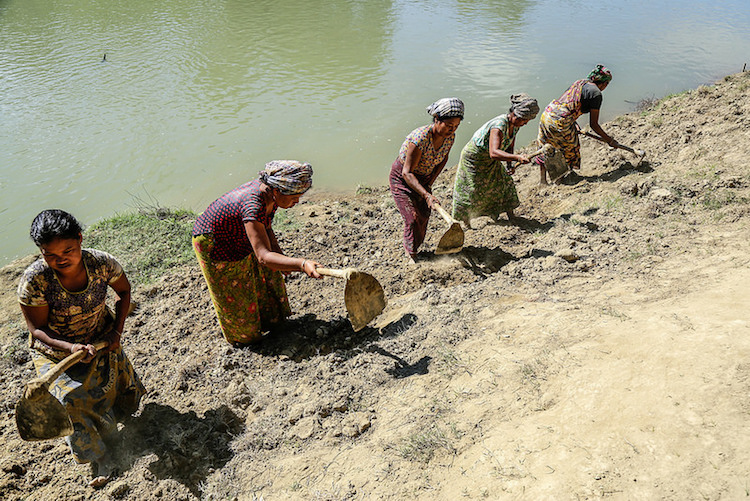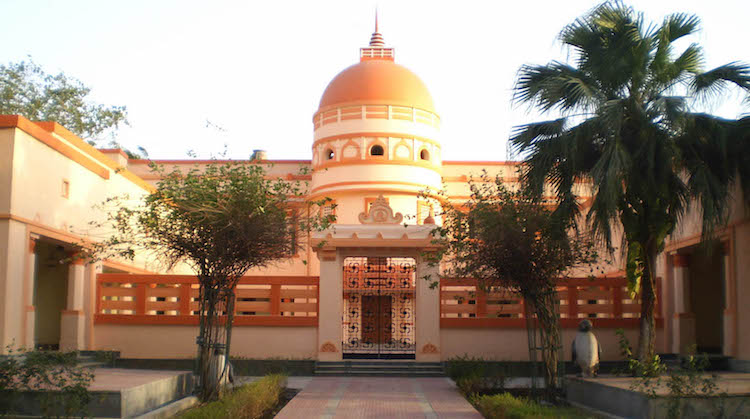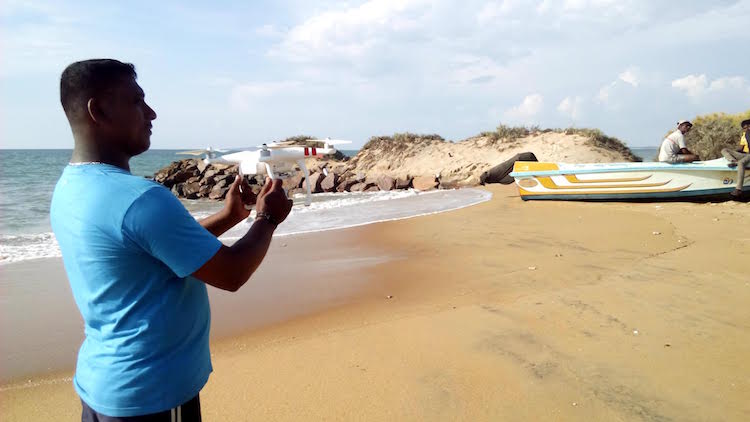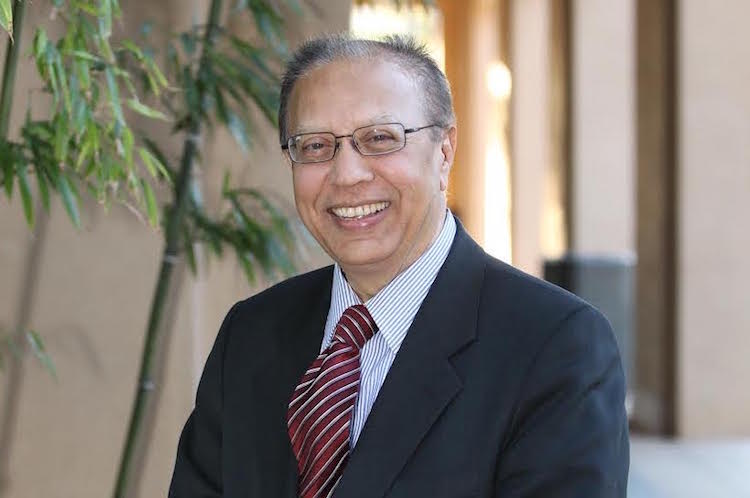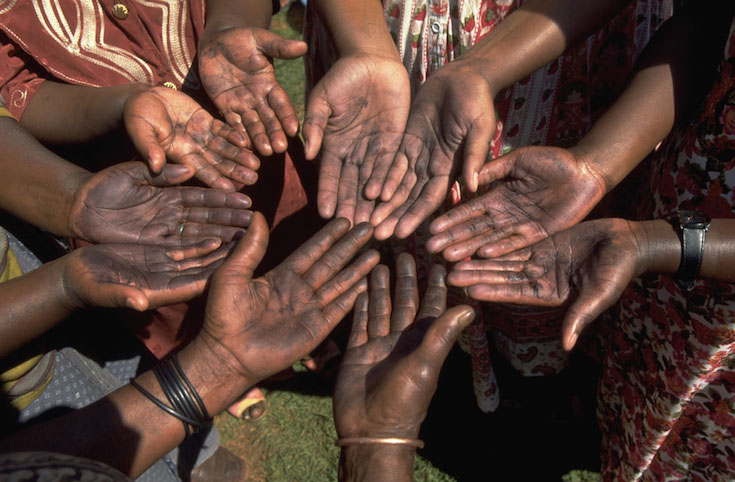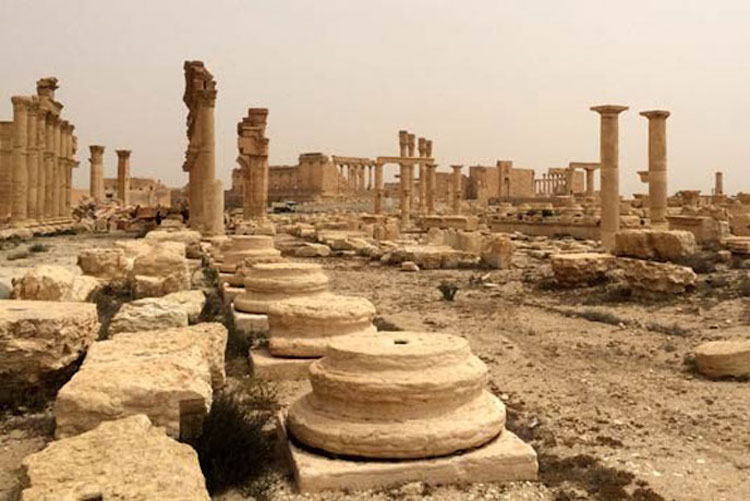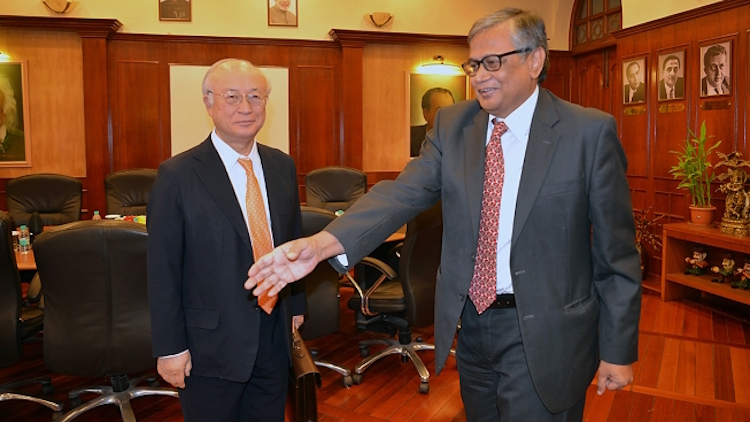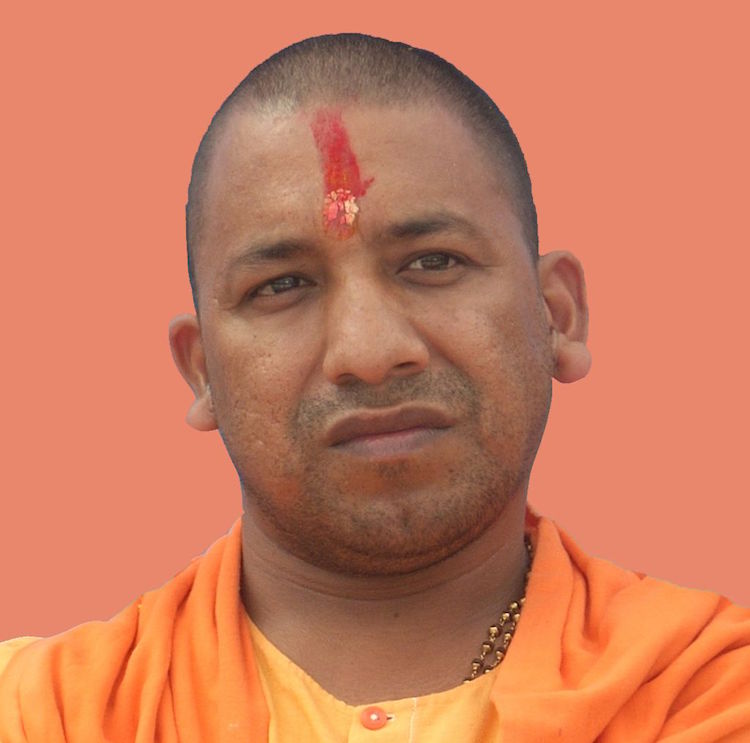By Jayantha Dhanapala
“ . . . and thus the whirligig of time brings in his revenges.” – Shakespeare: Twelfth Night
Note: The first Preparatory Committee for the 2020 Review Conference of the Parties to the Treaty on the Non-Proliferation of Nuclear Weapons (NPT) will meet from May 2 to 12, 2017 in Vienna, Austria. Following the text of a Policy Brief Jayantha Dhanapala – a former United Nations Under-Secretary-General for Disarmament Affairs, and a former Ambassador of Sri Lanka – did for the Asia Pacific Leaders Network (APLN) middle of March 2017. It is being reproduced with the permission of the author who currently serves as the 11th President of the Pugwash Conferences on Science and World Affairs, These are his personal views.

